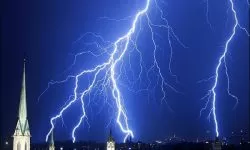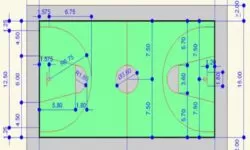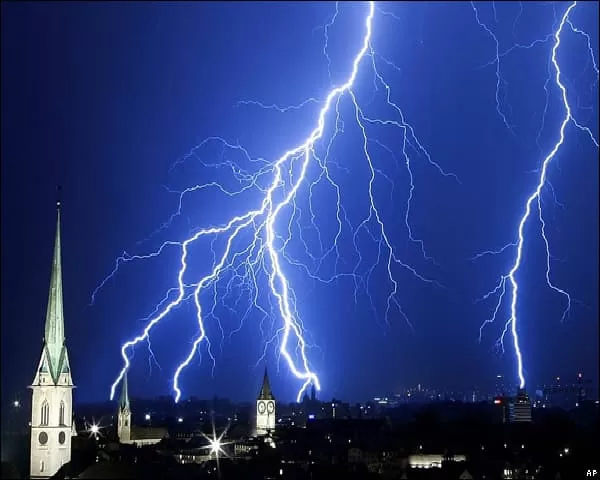How Did the Discovery of Electricity Happen ?
Since electricity is a natural force that exists in our world, it did not have to be invented. However, it had to be discovered and understood. Most people credit Benjamin Franklin with discovering electricity. Benjamin Franklin had one of the greatest scientific minds of his time. He was interested in many areas of science, made many discoveries, and invented many things, including bifocals. In the mid-1700s, he became interested in electricity.
Up until that time, scientists had mainly known and experimented with static electricity. Benjamin Franklin took a big step forward. He came up with the idea that electricity had both positive and negative elements and that electricity flowed between these elements. He also believed that lightning was a form of this flowing electricity. In 1752, Franklin conducted his famous comet experiment. To prove that lightning was electricity, he flew a kite during a thunderstorm. He tied a metal key to the kite’s string to conduct the electricity.
Just as he was thinking, electricity from the storm clouds was transferred to the kite and the electricity flowed down the string and gave it a shock. He is lucky that he was not hurt, but he did not mind the shock as it proved his point. Based on Franklin’s work, many other scientists studied electricity and began to understand more about how it works. For example, in 1879, Thomas Edison patented the electric light bulb and our world has been brighter ever since.
Electricity is a complex subject that drives the world as we know it today, from Thomas Edison’s iconic light bulb to the satellites that power our cell phones. Basically, electricity is just the presence and flow of electrical charge. More than 2,000 years ago, the Greek philosopher Thales of Miletus noted that rubbing amber on the skin creates a magnetic field or flow of electric current. Even four thousand years ago, the ancient Egyptians used electric fish to treat ailments such as gout and headaches.
I wouldn’t consider these scientific findings simply observations. To satisfy the scientific method, an observer would need an experiment, a hypothesis, and further thorough analysis. When you talk about the discovery of electricity, it is really a whole community that created that discovery.
For example, in 1600, William Gilbert was the first person to coin the term electricity or electricus. Gilbert performed an experiment similar to Thales of Miletus: he rubbed the amber with his skin and noticed the static electric charge. But unlike Thales, Gilbert took note of his observations and published his results. Later discoveries were based on this prior knowledge.
Michael Faraday’s development of the first electric dynamo for power generation allowed people to generate electricity, specifically current, in a continuous and practical way. This in turn allowed the invention of Thomas Edison’s 1878 light bulb. All these discoveries are interrelated, because the scientific contribution of each individual was more than an observation. Each scientist wrote exhaustive accounts of his theories and ideas, allowing a series of subsequent discoveries to occur.
Related Topics To The Electricity in ALPHAPEDIA

HOW ELECTRICITY IS GENERATED ?

💚 WHAT IS ELECTRICITY FOR ?

💚 WHAT IS ELECTRICITY ?

💚 WHAT IS STATIC ELECTRICITY ?

ELECTRICITY FORMULA

💚 WHAT IS NEUTRAL IN ELECTRICITY ?
Topics Relateds With Projects in ALPHAPEDIA

DECORATING WALL WITH VINYL PAPER ADHESIVE

HOW TO VARNISH WOOD

💚 WHAT IS INDUSTRIAL ELECTRICITY ?

BASKETBALL COURT DIMENSIONS

HOW TO MAKE A WOODEN PLANTER ?

SOCCER COURT DIMENSIONS
Other Topics of Interest in ALPHAPEDIA

FREE MASTER DEGREE IN MBA

MASTER DEGREE TYPES

FREE MASTER DEGREE IN COMPUTER SECURITY

LIGHT BLUE COLOR: Psychology and Meaning. Its Types and Varieties

FREE YOGA COURSE

FREE HYPNOSIS COURSE


